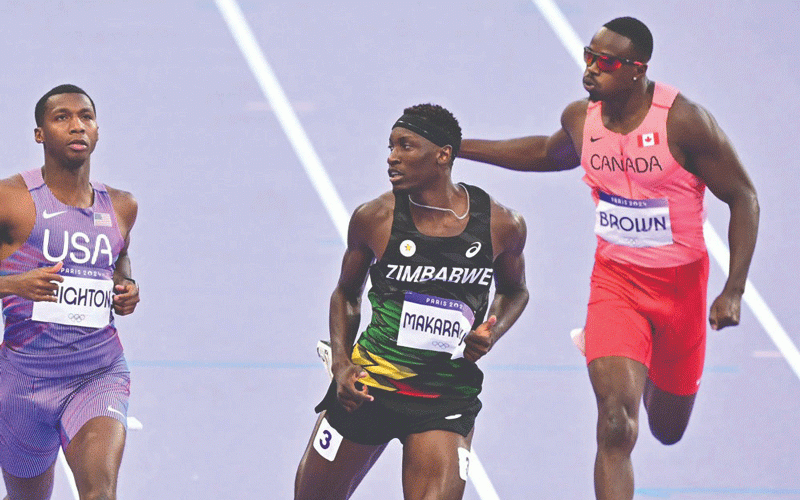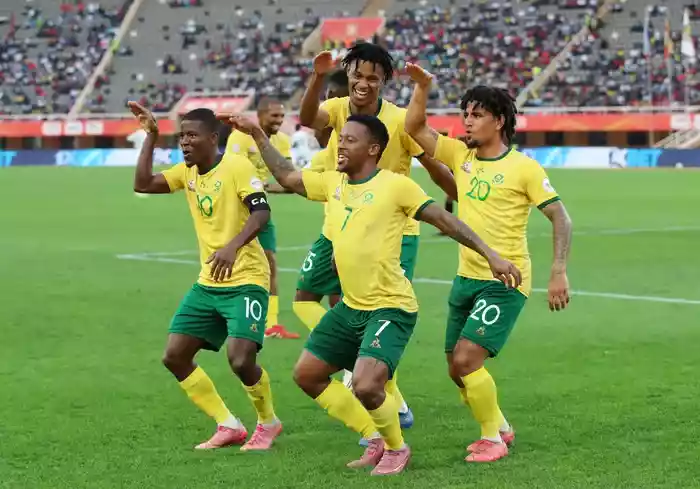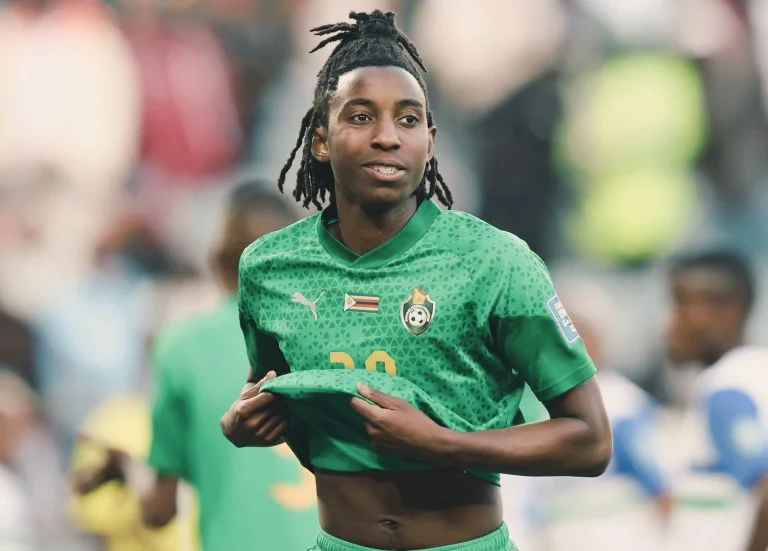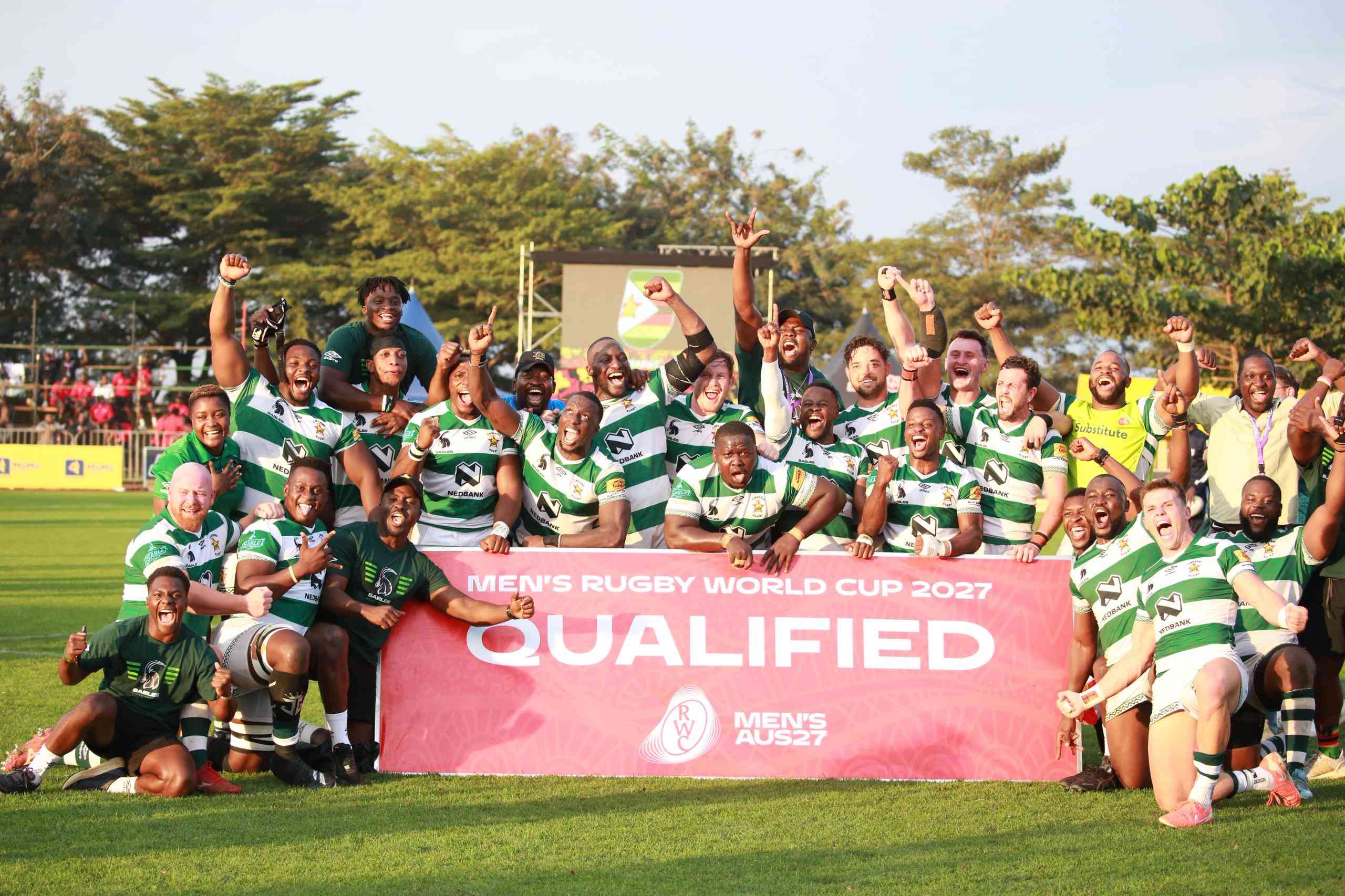
THE story of Tapiwanashe Makarawu (TM) is one of quiet composure meeting fierce ambition. At 25, this sprinter from Bindura has carried the hopes of Zimbabwe to the global stage, securing his place in a World Championships final and in the national record books. But behind the consistency lies a journey of overcoming early illness and thriving under the spotlight of US collegiate sports. Speaking with Darius Mutamba (DM), Makarawu delves into the perseverance and faith that fuel his run, offering a powerful perspective on his past challenges and his dreams for Zimbabwean track and field. Explore the conversation through these excerpts:
DM: Take us back to the beginning. What first drew you into athletics while growing up in Zimbabwe?
TM: I played many sports in primary school and high school as well, because I liked sprinting a lot. I ended up focusing on athletics more than other sports and, surprisingly, it was working. My dad used to run too, back in his old days, and he also encouraged me to try running since he saw potential in me.
DM: Who were your biggest role models in sport or outside of it when you were starting out?
TM: I would say my big brother, my dad, and Usain Bolt. When I was in primary school I used to see my brother come home with so many medals; sometimes he could win some money, take pictures with many people because he was becoming a celebrity. Then I was like, ‘I love this, let me try it too’. My dad was my model in the sense that he never gives up; he is always dependent on God no matter what, so that taught me a lot. Usain Bolt was my model in the sense that people used to say I run like him (which was a lie, obviously), but I ended up wishing to be like him, watching his videos and trying to be like him, which wasn’t ideal, but it low-key boosted my confidence.
DM: Was there a defining moment when you realised sprinting could become your career?
TM: Yes, when I won NASH competitions at Lomagundi College in 2017. First in the 200m and second in the 100m, then I was like, I guess we are doing this.
DM: Many Zimbabweans know you as the national record holder, but the journey wasn’t easy. What were some of the biggest struggles or turning points along the way?
- Zimbabwe cycling legend Warren gets continental role
- Zimbabwe cycling legend Warren gets continental role
- Mataya eyes IMMAF World Championships
- Zim sprinter hopes dashed
Keep Reading
TM: The training itself is not easy, but I wouldn’t classify it as a struggle. The biggest struggle, I would say, is when I was not feeling well health-wise in high school during my peak days, when I could win a race on a casual day. Then I fell sick for a long time, for like 2-3 years. During those years I didn’t give up; each time I felt a little better to walk, I would take myself for a jog in the street with my music (People who stay in Bindura who know me know about this). Sometimes I could see a plane in the air and be like, ‘that’s gonna be me one day flying to London for the World Championships’, but I never told anybody because I was scared of being looked down upon by people around me. Sometimes I could just cry in the midst of training or jogging, talking to God, asking him questions that I didn’t have answers to. Today I thank myself for not giving up.
DM: Moving to the US and competing in college athletics has been a huge step. How has that shaped your growth as an athlete?
TM: College sports in the US are very, very competitive; you would definitely think that you are running at the Olympics with the level of competition that is there. So it basically made me strong, mentally, to be specific, and also getting used to that level of competition shaped my growth as an athlete.
DM: Walk us through a typical training day. How do you balance speed work, strength, and recovery?
TM: Usually, each day has something different. We don't run fast every day, no. My coach has a training programme that we follow, and each day we do something different. For example, Monday will be speed work day only and gym; Tuesday maybe something like endurance, then we rest Wednesday; come back Thursday, work on our speed endurance; Friday we work on speed again, then the weekend we reset.
DM: Nutrition, rest, mental preparation – what personal habits give you an edge?
TM: Whilst doing all that, we typically have to take care of our bodies by sleeping normal sleep hours, eating healthily, doing recovery exercises, and seeing trainers, so it’s typically always busy.
DM: You have worked closely with Lewis Banda, a former sprinter himself. What role has he played in your development?
TM: He has played a big role in my career that nobody can imagine. He’s our big brother, and he gives us advice when we need it, gives us some tips about life in general. He’s a humble dude who really wants to see us succeed, and I really thank God for putting him in our lives, and may God bless him for everything he’s done for us.
DM: Sprinting often comes down to milliseconds. How do you prepare your mind for those high-pressure races?
TM: I always put God first in those moments, knowing he has control over my life no matter what I go through. I also trust my coach’s training and know that at competition there’s nothing to change really, but to just trust God, yourself and your coach.
DM: How do you handle setbacks, injuries, fatigue, or disappointing results?
TM: I usually see setbacks as blessings. Yes, I know it sounds crazy, but to me it doesn’t, because I always see those setbacks as a chance from God to reset, restart and do everything right with love and passion involved. Because these setbacks always remind us that we are humans; anything can happen anytime, so how we handle them is up to us.
DM: What did competing in the World Championships 200m final mean to you personally?
TM: It’s something that I will always be grateful for, because a lot of good athletes did not get a chance to run that final. Yes, I didn’t run well, I didn’t win, but I really thank God for the opportunity, looking back where I came from. That’s truly a huge milestone.
DM: Facing the likes of Noah Lyles and Letsile Tebogo, what lessons did you take away from that experience?
TM: They were also like me; they didn’t wake up one day and become world champions. It took time, patience and resilience to be where they are today, so I simply tell myself that when the time is right, God will make it happen.
DM: You have spoken about fatigue after a long season. How do you manage the demands of year-round competition?
TM: Simply by praying and doing whatever I can to stay healthy.
DM: What sacrifices have you had to make in pursuing this dream? Were there moments when you thought of giving up?
TM: Track and field is not an easy sport; almost every athlete might have come across that phase of ‘almost giving up’. So yes, I almost gave up when I was always sick, always home, not having time to do a run. I almost gave up, but something always pushed me to just get up and go run; sometimes I would be feeling so dizzy, but I could just tell myself to just run. When I think of those days, I wonder why I was really running like that, though, but somehow something just pushed me to do so.
DM: Turning to Zimbabwe, how do you see the state of athletics back home?
TM: Compared to the days when I was back home in Zimbabwe, it’s a little better now. We have a couple of guys now running fast whilst based in Zimbabwe, and that’s a big turning point, but there is a lot to be done in Zimbabwean athletics; we are not there yet.
DM: What role do you hope to play in inspiring or mentoring young athletes in Zimbabwe?
TM: I really wish to give back to the community, to those who have dreams of becoming great. I hope one day God can bless me so I can help those who have dreams but don’t have resources, because I know how it feels to be in that state. Not just with only resources, but also with advice and tips on what it takes to be a great athlete.
DM: Looking ahead, what are your immediate goals for the next season?
TM: I usually keep those ones private, but basically, being back at world stages and competing again will definitely be great.
DM: Do you believe you can break deeper into the 19,5s, maybe even challenge global records?
TM: Records, I honestly don’t know. But I think I can be in that 19,5 range. When? I don’t know, time will tell.
DM: Ultimately, what’s the dream — an Olympic medal, a world title, or something even bigger?
TM: Being one of the greatest in the sport is the dream.
DM: Away from the track, what keeps you grounded? Family, hobbies, community?
TM: I am always home, either playing games or watching movies. I always talk to my family; distance is a barrier, yes, but I always try to stay connected to them (I love my family).
DM: How do you unwind after a long season?
TM: I sleep a lot and eat whatever I want before I start training again. I would say vacation, but school is always in my way.
DM: What’s one thing fans would be surprised to learn about you?
TM: That I am open to everyone; I’m not reserved to myself. Most people call me a ‘celebrity’, but I honestly don’t see myself like that. There are no celebs in heaven, so I always try to keep it simple. Of course, I can’t avoid it or control what people say; the least I can do is stay true to myself.
DM: Finally, what message would you give to young Zimbabwean athletes who look up to you?
TM: I would say, no matter what discouragements you get, don’t give up — not only in sport, but life in general. Whatever plans you have, put them before God first, tell him everything you wish for and want, and he will take care of the rest. Believing in God is not enough; obeying him is very important.











